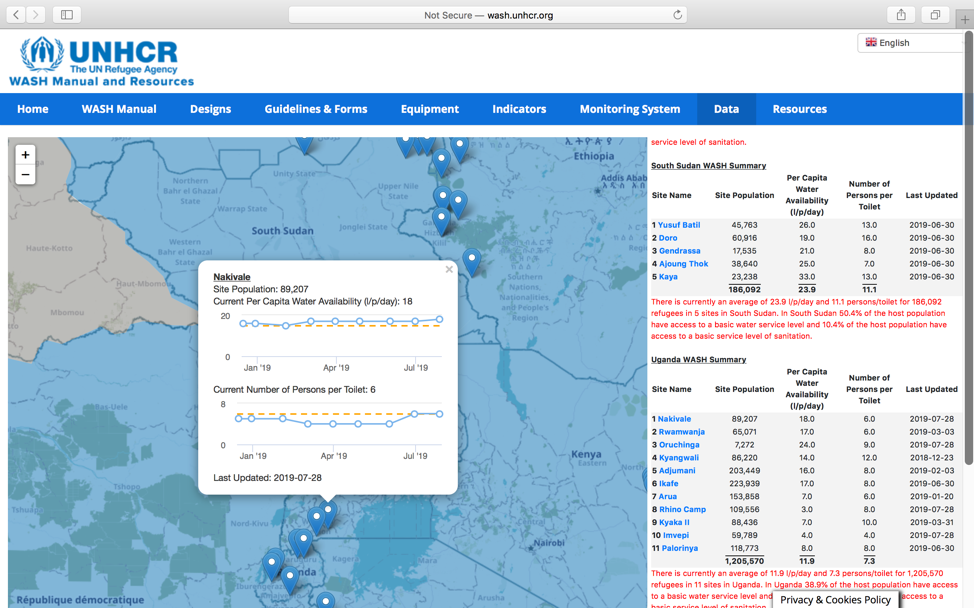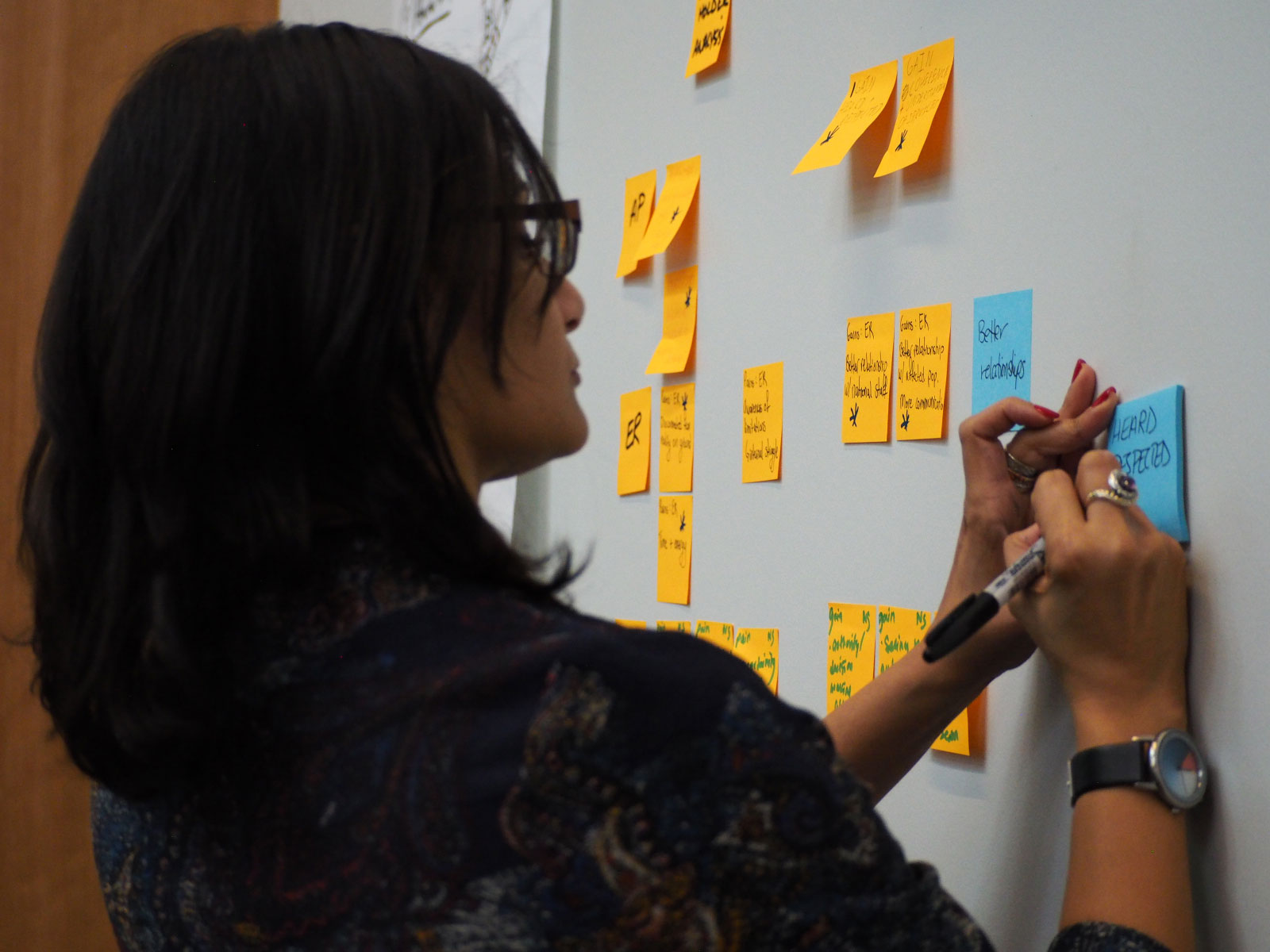Project Update: Emergency Data Science
September 4, 2019

Much has happened since December 2018, when the Dahdaleh Institute and the Lassonde School of Engineering hosted Emergency Data Science: Taking Advantage of the Data Flood (EDS) at York University, where project organizers aimed to take concrete steps towards solutions to data challenges that are facing humanitarian organizations.
Despite, or perhaps because of, the enormity of the challenges brought to the workshop, real progress has been made. Partnerships have been formed and tools have been created and launched.
Read below and follow the links for an update on the challenges presented at last year's workshop.
Building a Global Nutrition Survey Data Platform for Humanitarian Crises
Presented by Action Against Hunger Canada/Action contre la faim (ACF)
ACF participated in EDS looking to develop a new Global Nutrition Dashboard, a part of the new SMART+ toolkit they were developing to streamline the collection, management, and interpretation of nutritional assessment data in emergencies.
Since the workshop, ACF developed new research grant applications and completed an exploration of technical design options for the components of the SMART+ toolkit. They launched work to build these tools over the next three years.
Finding Life-Saving Information in Routine Water Quality Monitoring Data
Presented by Doctors Without Borders/Médecins Sans Frontières (MSF)
MSF set out to develop a decision-support tool that can take routine water quality monitoring data and use it to generate site-specific chlorination guidance that ensures water is safe to drink in refugee/IDP camps.
Since the workshop, the team has developed the analytical back-end of the tool and is now building the front-end website where field users can access the tool. A primary field trial has been launched in refugee camps in Bangladesh with MSF. Two more remote field tests will be conducted with UNCHR in the Fall.
Improving Humanitarian Needs Assessments Through Natural Language Processing
Presented by the International Rescue Committee (IRC)
The IRC's challenge concerned the lack of qualitative methods in humanitarian surveys. They looked to use Natural Language Processing (NLP) to automate processing & analysis of open-ended responses garnered from various types of humanitarian data collection methods.
Immediately following EDS, the Dahdaleh Institute convened a day-long meeting with a smaller working group. The team has since begun building the required transcription and translation models and identifying sites for a pilot project.
Making Sense of WASH Information in South Sudan
Presented by REACH Initiative
REACH's challenge was to develop a WASH Information Management Platform for South Sudan to address difficulties faced by the country's WASH Cluster in keeping tracking of what information is available and up to date.
At the workshop, REACH was encouraged by the IFRC’s presentation. It showed how an agency could build its own ecosystem of services from scratch. As a result, REACH started to experiment with AWS's Amplify and AppSync, a serverless framework for building web apps. REACH has drafted a version of this and is working on a production version to be live shortly.
"One Stop Shop" for WASH info for refugees and IDPs
Presented by United Nations High Commissioner for Refugees (UNHCR)
UNHCR’s challenge focused on developing a WASH Data Portal that would be a “one-stop shop” for WASH insights for all UNHCR project sites globally.
Guided by the agile development methodology presented at EDS, UNHCR has built and is refining a new WASH Dashboard for Refugee Settings (pictured above), which is now live and used by UNHCR Country Programs.
Taking Advantage of Cash Delivery Data
Presented by Catholic Relief Services (CRS)
CRS’ challenge focused on how we can improve cash- and market-based programming in humanitarian crises though more objective, timely, and automated response analysis that leverages new Big Data capabilities.
During the workshop, CRS connected with researchers from York University’s Centre for Refugee Studies. They have launched a collaborative project to develop data modelling and decision-support tools using CRS’ aggregated cash and market intervention data.
Image Credit: UNHCR WASH Dashboard for Refugee Settings/2019
Related Content
Next/Previous
Director & Research Fellow at the Planetary Health Annual Meeting »
« Status Report Released by WHO & UN-Water




